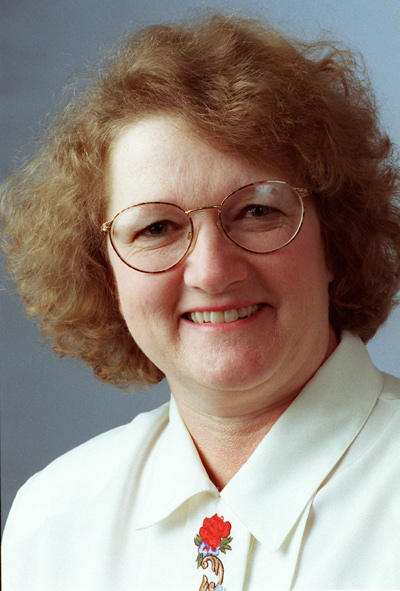
Vol. 22, No. 3/Spring 2000

Vol. 22, No. 3/Spring 2000
|
Small Libraries Finding the Right Person for the Job By Marcia MacVane Interviewing candidates for library openings is often one of the most exhilarating experiences. For some reason, many potential employees are drawn to the "news" world and are excited about the possibilities of working in such an environment. Cutting through the chaff and deciding which candidate to hire can also be one of life’s most dreaded experiences. For one thing, there never seems to be a happy medium. I either receive so many qualified resumes that it takes me forever to sift through them or I have so few applicants that I worry about finding anyone qualified. When I do have more than enough applicants, I sit down in a quiet place and read through all the applications. If it is obvious that someone is not qualified, that application is set aside. I also automatically set aside messy, misspelled resumes. My next "run-though" consists of "grading" the resumes: great and medium. As Jalyn Kelley from the San Antonio Express-News said, " As I read a resume I set aside ones that appealed to me for telephone interviews and just filed the rest. But I couldn’t clearly explain what it was about the resumes that enticed me to either keep it or file it." It is this "unknown" that we all seem to look for but are unable to quantify. Almost everyone who responded to my mini-survey on the Newslib listserv indicated that news experience, library experience, and computer/technical experience rated high on their lists of qualifications. Not everyone required that applicants have an MLS, but all indicated that a proficiency in library research was essential. Many have initial interviews via the telephone followed by personal interviews for the highest-rated. John Cronin of the Boston Herald invites back those who pass first muster for a follow-up interview with him and his staff plus a lunch. During lunch, unbeknownst to the applicant, CofB has picked about 5 or 6 recent news items that he brings up at lunch to measure their awareness of current news. "Believe me, it separates the wheat from the chaff, instantaneously!" says John. Not only can he ascertain how they acquired (or didn’t acquire, as the case may be!) their knowledge (television vs. magazines/newspapers) but he also "gleans their level of sensitivity to people, especially for rapid response in the newsroom environment where prima donnas are not good candidates." Many give proficiency tests. John Jansson of the Chicago Tribune gives spelling and current events tests. "The spelling words are at approximately the 8th grade level and includes the names of people in the news. The current events test includes national, international, business, and sports questions." He always explains why he gives the tests: "If you can’t spell, you won’t find what you need on the data bases and some reporter may get hung out to dry. If you expect to be respected and trusted in the newsroom, you can’t ask what’s Greenspan’s first name or what is a Fanny Mae. We are expected to know." Some people provided sample questions that served to "open" conversation about the applicant’s background and qualifications. Jalyn Kelley has four standard questions that she asks ALL candidates:
Gini Blodgett of the Eric Friedheim Library at the National Press Club provided me with her list of favorite questions:
Ginny Hauswald of the Winston-Salem Journal mentioned three items that she looks for during the interview process:
One of the most difficult parts of interviewing (for me, anyway!) is keeping quiet and not talking too much. I tend to explain the work environment so completely that candidates immediately recognize how to answer my questions. I need to outline very carefully my description of the job and follow closely a list of questions each candidate is asked. Only then do I feel I have a basis for comparison. And when I am finally done and have gone through all the objective reasons for hiring/not hiring, I try to visualize the candidate working in this environment. I enjoy candidates with a sense of humor and usually lean toward people who do not take themselves too seriously. My last hire actually hung up on me by accident during the very beginning of our telephone interview; when I called her back, she apologized between gasps of laughter. She brightens the entire department now and her work ethic is amazing. For me, the intangible often makes the difference. Marcia MacVane is Library Director at the Portland Press Herald / Maine Sunday Telegram. Her email is mmacvane@pressherald.com. |
News Library News
SLA News Division Home
The page was reformatted on 4/8/03. The content, including URLs and contact information, on this page has not been updated to preserve the historical record.
Comments about News Library News should go to the editor.
Comments about the Web site should go to the Webmaster: newsdivisionweb@yahoo.com